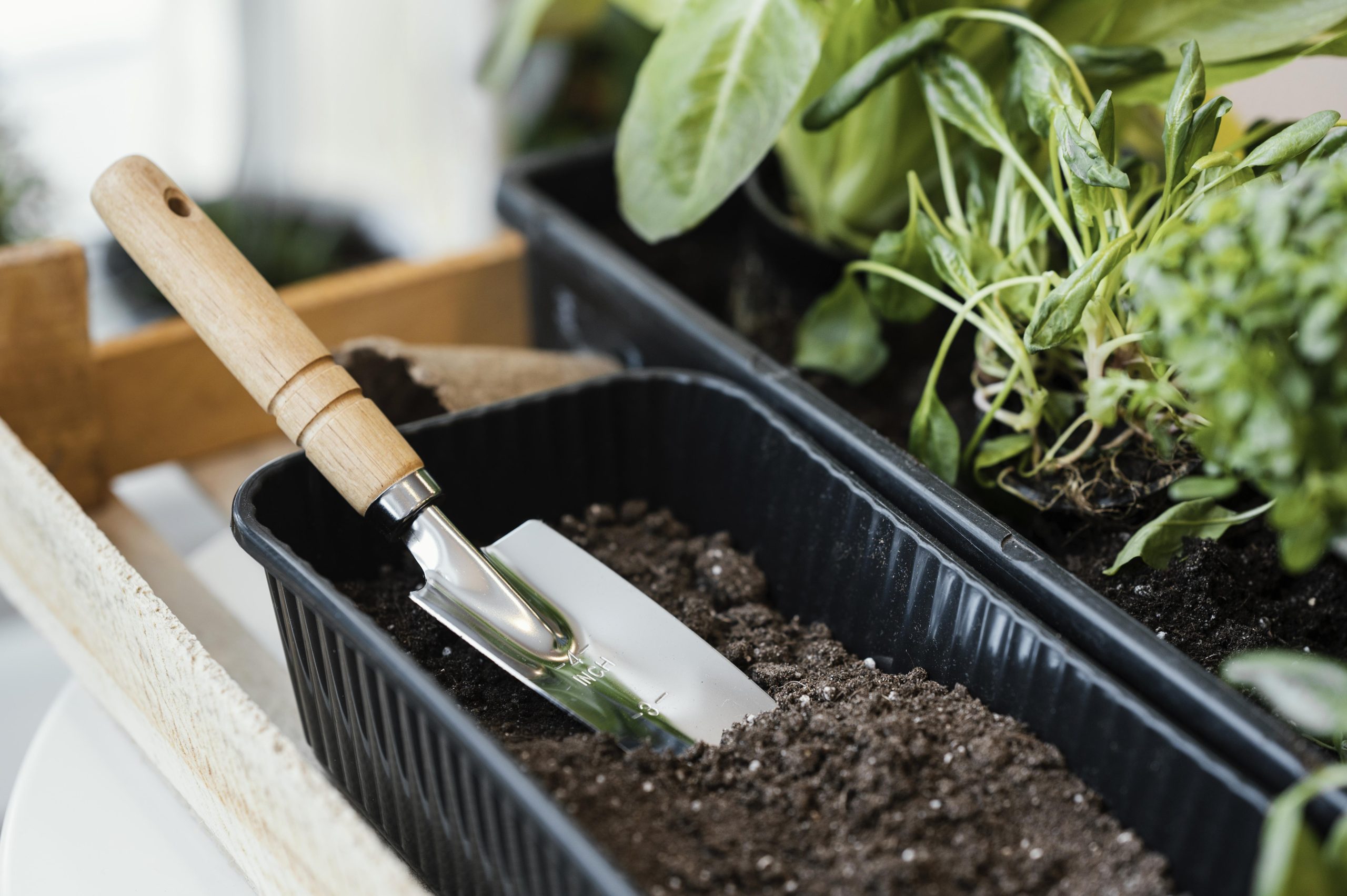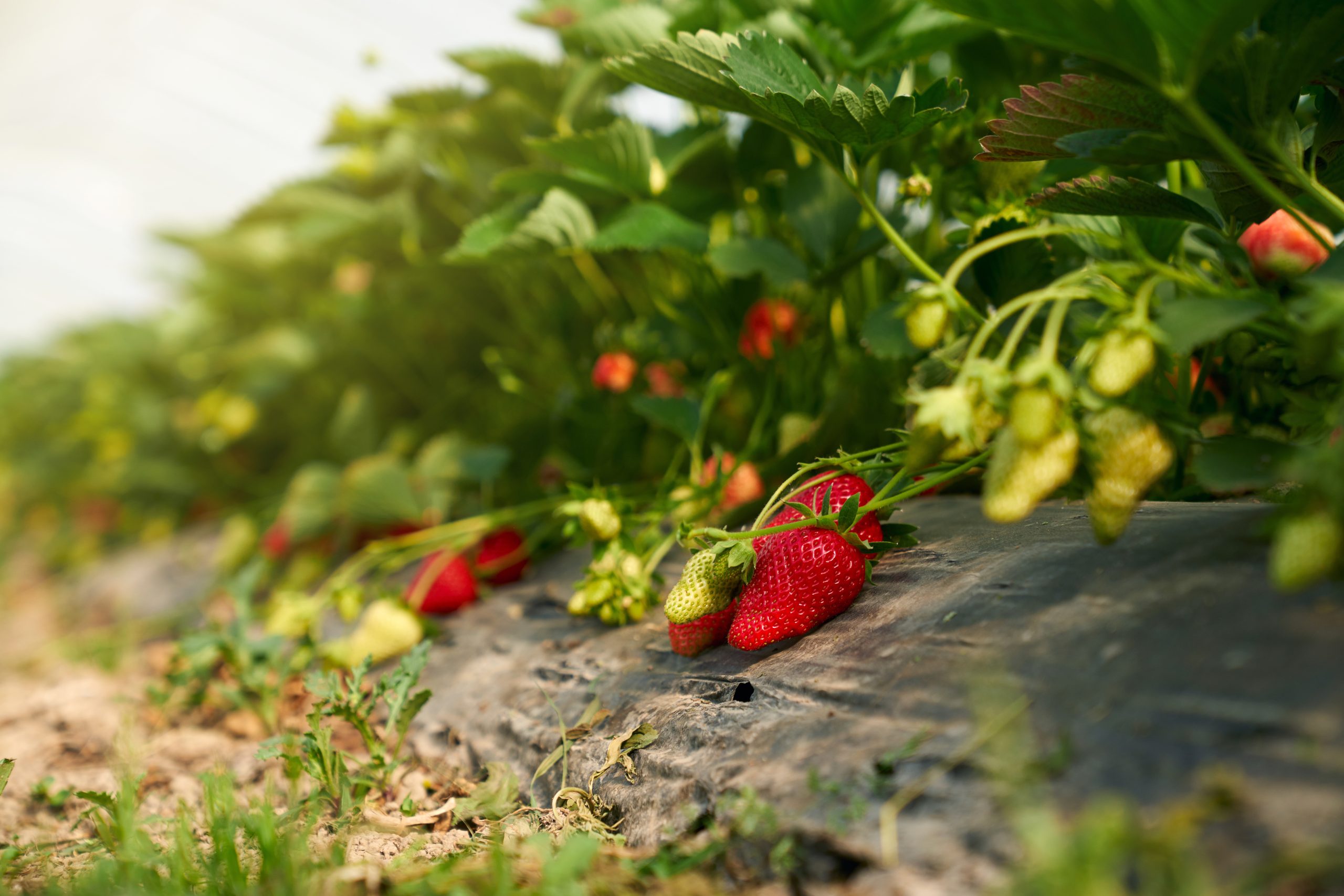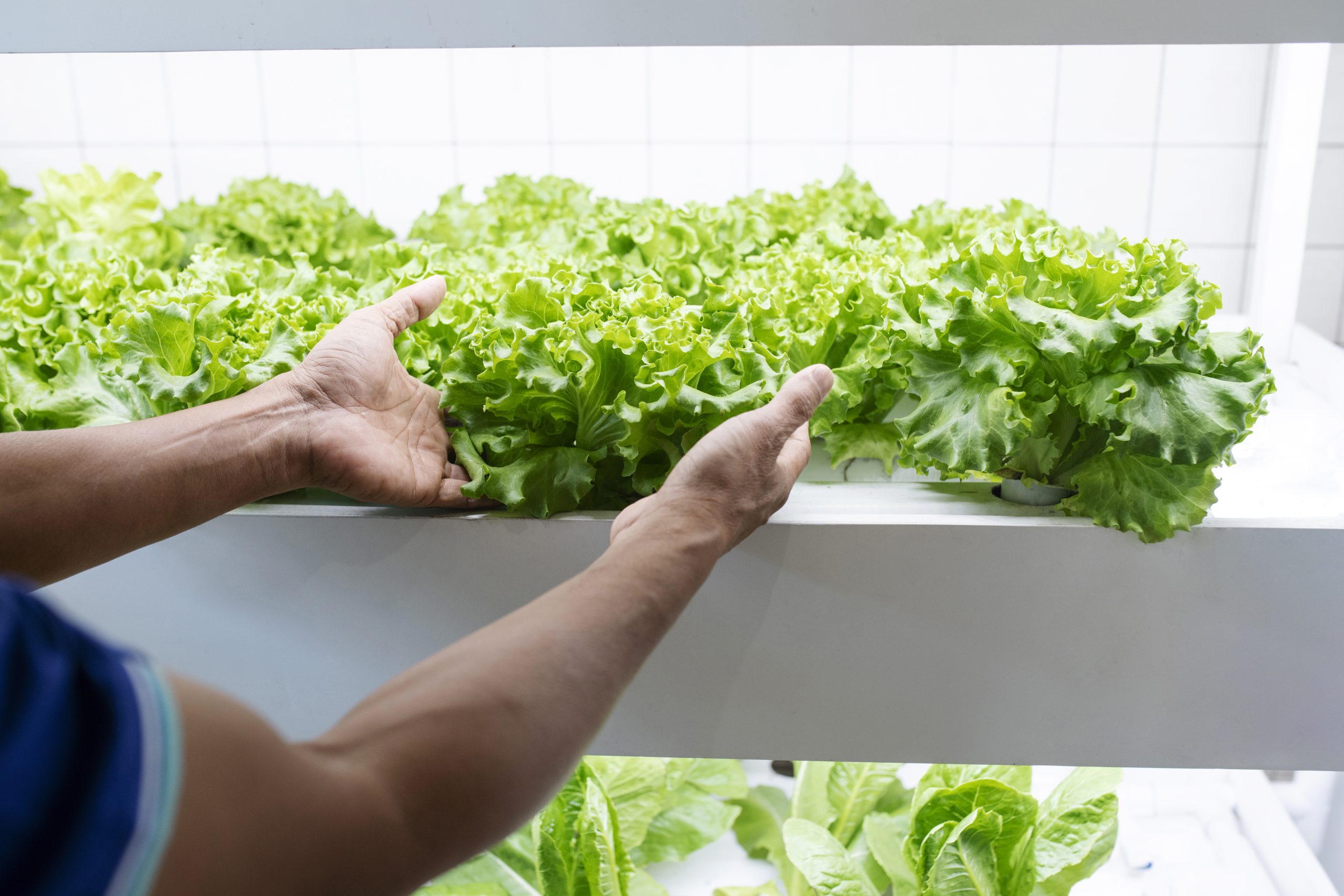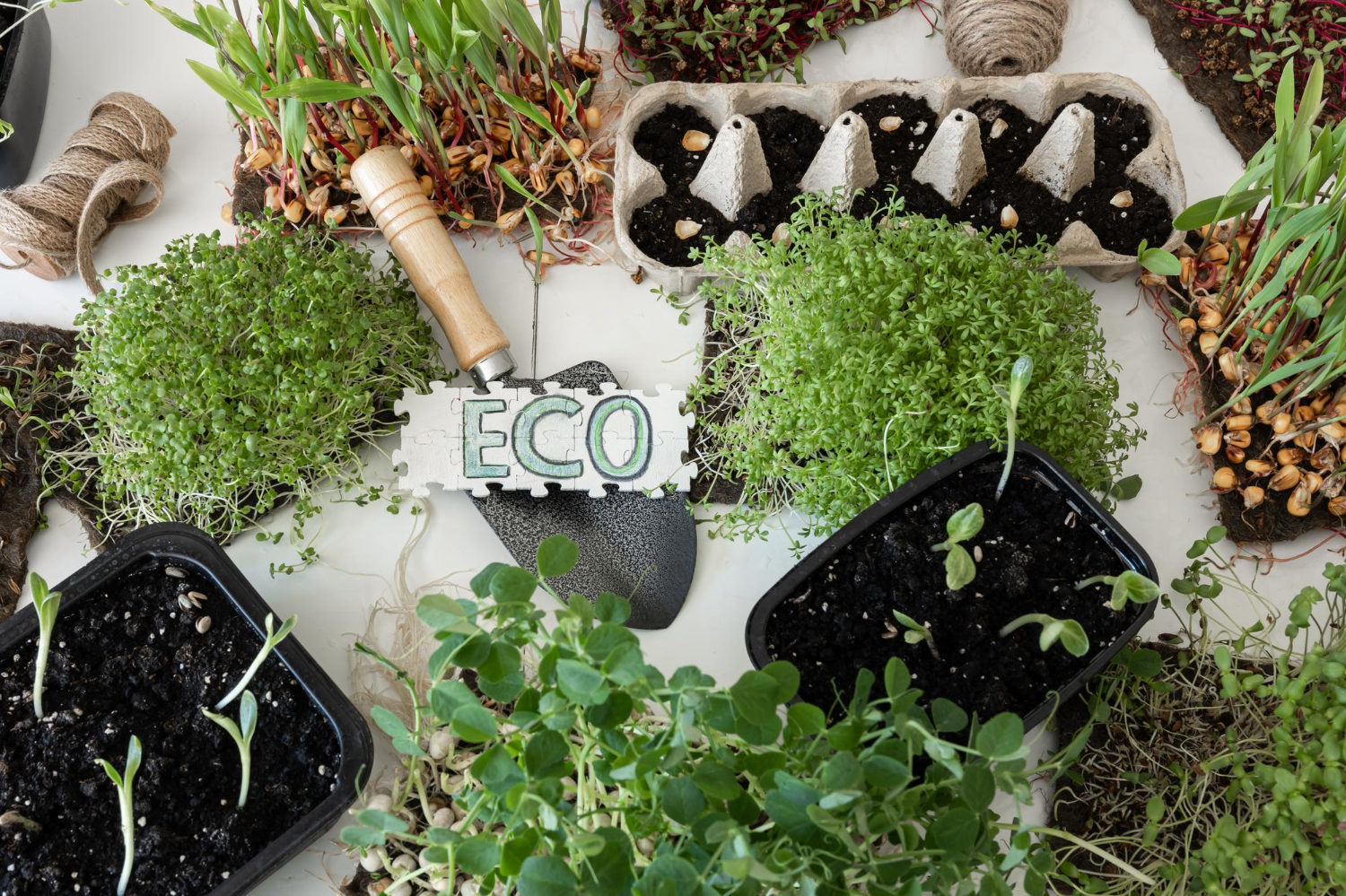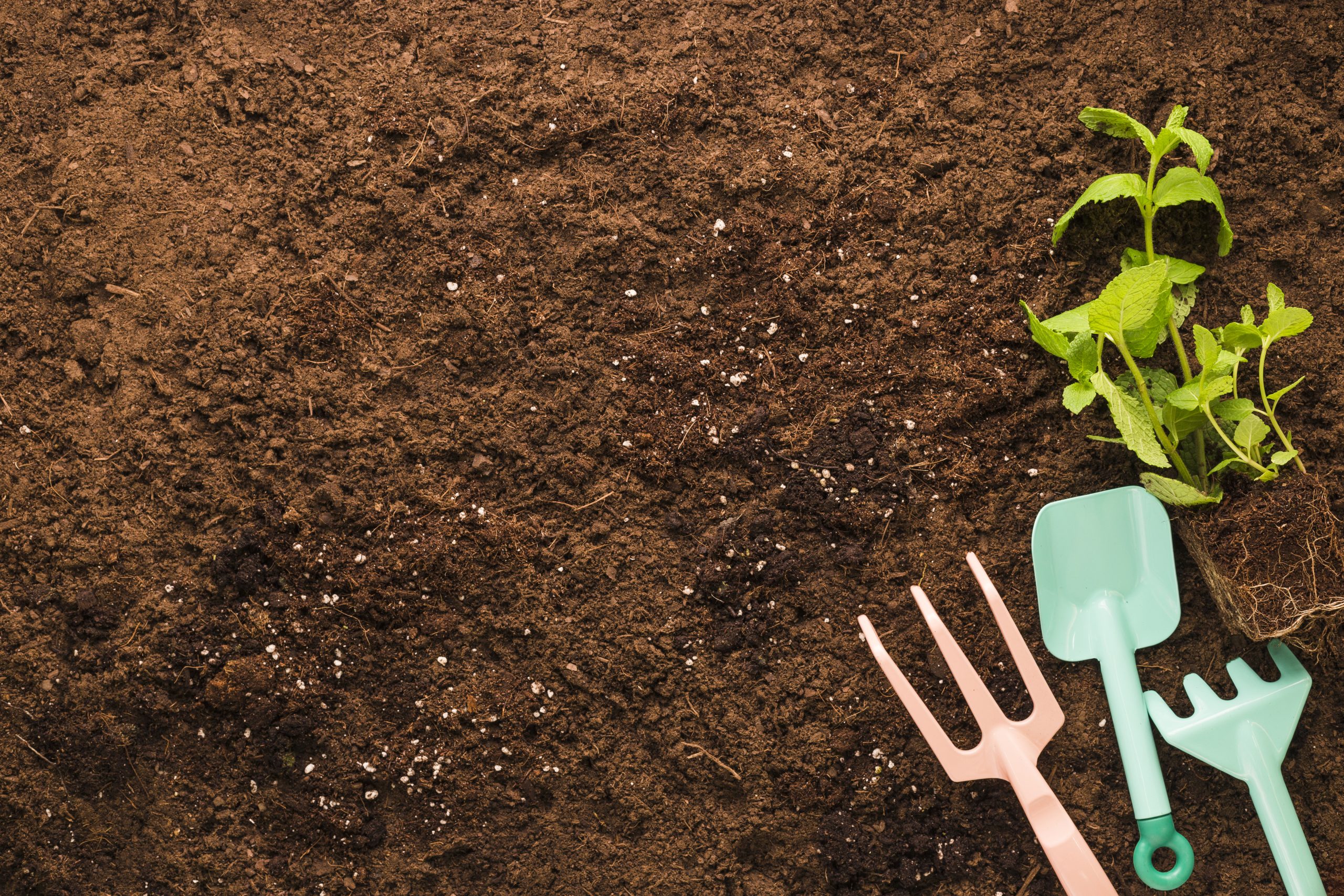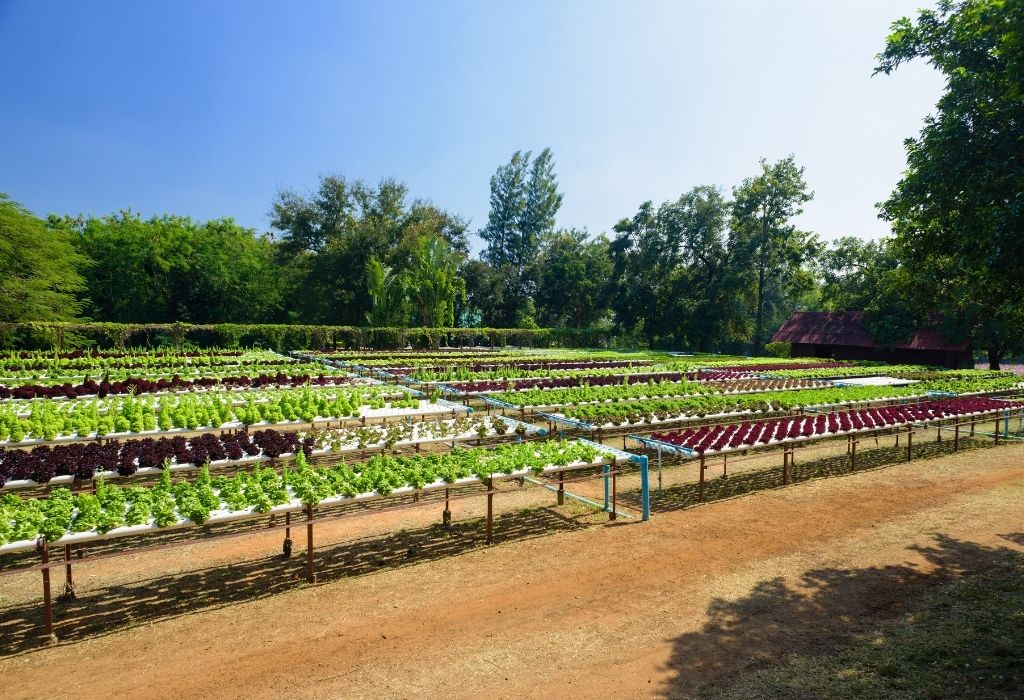5 tips on how to care for your rented urban garden
March 24, 2023
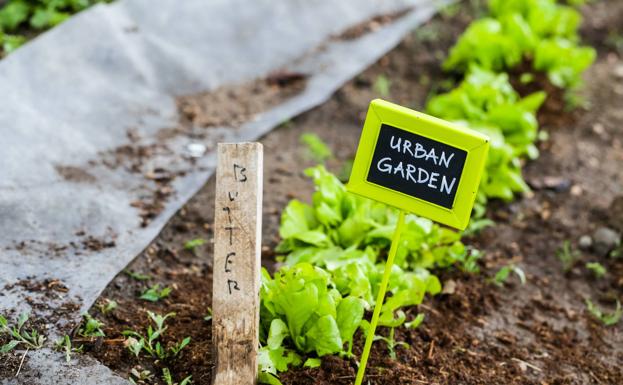
In recent years, urban agriculture has experienced significant growth in Spain, with the number of urban gardens now exceeding 20 000. These gardens are located in different parts of the country, from rooftops and balconies to community plots, and provide their owners with the opportunity to grow their own fresh fruits, vegetables and greens.
The size of urban gardens also varies significantly, with an average of 75 m², although some can be much smaller or much larger. The popularity of urban gardens has been driven by a growing awareness of sustainability, the desire for a healthier lifestyle and the need for a deeper connection to nature in the urban environment. In this article, we will provide you with some practical tips on how to care for your urban garden and ensure that your plants grow strong and healthy.
Publish your garden for free today
Take into account the climate of your garden area.
Climate is a crucial factor for the quality of the vegetables in your urban garden. If you grow native plants, you are less likely to face diseases and pests. It is important to know the right climate and timing for each crop, and to select vegetables that are appropriate for your area.
- If your area is wet or cold, ideal crops would be broccoli, cabbage or peas.
- If you live in a warm, dry area, you can grow tomatoes, peppers, courgettes, cucumbers and parsley.
Nowadays, we can also find some cities that have some level of pollution. In these cases, it is advisable to plant those foods that are less likely to absorb pollutants: carrots, garlic, beetroot...
Don't plant more than you can
Due to the limited size of the garden and the need for vegetables to have their own space, it is important to be aware that it is not possible to grow a large number of crops, especially those from the same family. This is because they would compete for the same nutrients and a satisfactory harvest would not be achieved.
To solve this problem, one option is to combine crops by planting plants that complement each other and help each other grow and develop. Otherwise, if vegetables from the same family are planted, there is a risk that they will compete with each other and result in an unhealthy and unproductive garden.
Water is essential
Watering is one of the most important things to take into account. Plants need an adequate amount of water to grow, but it is also important not to over-water and to avoid waterlogging. Ideally, water frequently but sparingly to avoid problems.
- Vegetables: Most vegetables need a constant amount of water to grow properly. Regular watering two to three times a week is generally sufficient. However, if the weather is particularly hot or dry, you may need to water more often. As for the amount of water, a deep watering once a week (about 2-3 cm of water) is generally adequate.
- Fruits: The water requirements of fruits can vary widely depending on the species. Warm climate fruits, such as citrus and tropical fruits, may need more frequent watering, while temperate climate fruits, such as apples and pears, may need less water. In general, it is advisable to water fruits deeply but infrequently, about once a week during periods of active growth.
Organic fertiliser to improve planting
Compost is an excellent way to enrich the soil and provide nutrients to plants. Different types of fertiliser are available on the market. The most recommended for urban gardens are:
- Compost: Compost is an organic fertiliser made from decomposing organic matter such as leaves, vegetable scraps, grass clippings and manure. It is easy to make at home and is an excellent way to recycle organic waste and reduce the amount of waste sent to landfill. Compost is rich in nutrients and helps to improve soil quality.
- Worm humus: Worm humus is another type of organic fertiliser made from the excretions of earthworms. It is rich in nutrients and improves soil structure by increasing water and air holding capacity. Worm humus also helps to reduce soil erosion and prevent compaction.
- Green manuring: Green manuring is a technique in which specific plants, such as alfalfa or mustard, are sown to improve soil quality and provide nutrients to plants. These plants are harvested and then left on the soil surface to decompose and release nutrients.
Beware of pests!
In the cultivation of vegetables and other plants, it is common to face the threat of pests and diseases that can damage the growth and production of our garden. For this reason, it is important to be aware of prevention strategies to anticipate these problems. One of the most effective options is to grow plants that act as natural pest repellents and do not damage our crop. In addition, some insects, such as bees, can be of great help to our plants, so it is advisable to attract them to our garden.
To attract these insects, we can plant some attractive plants, such as daisies or geraniums, near our crops. In this way, we will be creating a healthy and balanced environment for our plants, without resorting to chemicals that are harmful to the environment and our health. In this way, we will be able to enjoy a healthy and productive vegetable garden.
Which plants act as repellents?
- Honeysuckle
- Lupine
- Marigolds
- Citronella
- Mint
- Ruda
By following these tips, you will be able to tend your rented urban garden efficiently and enjoy the benefits of growing your own plants. Also, if you have any doubts or problems, do not hesitate to contact Gardenphy for advice and help.
Latest posts
